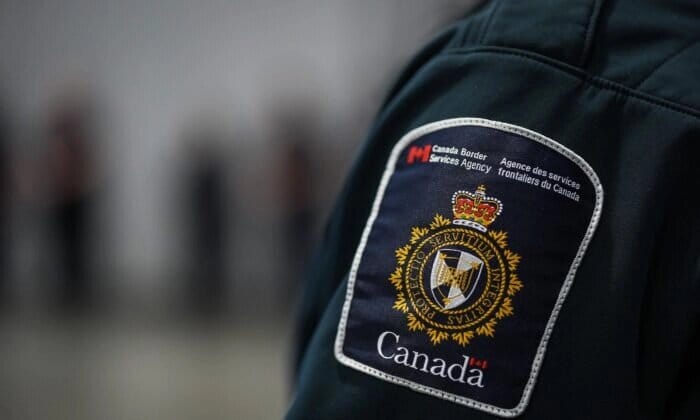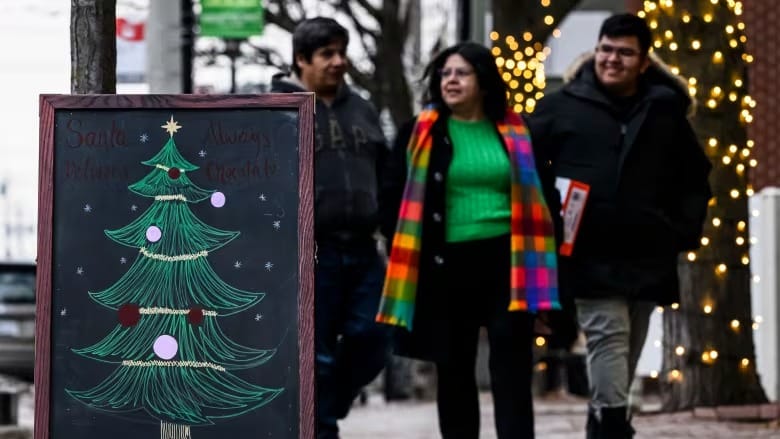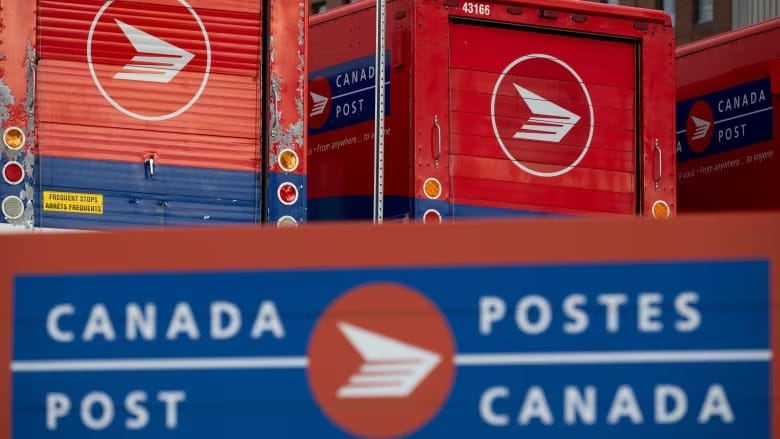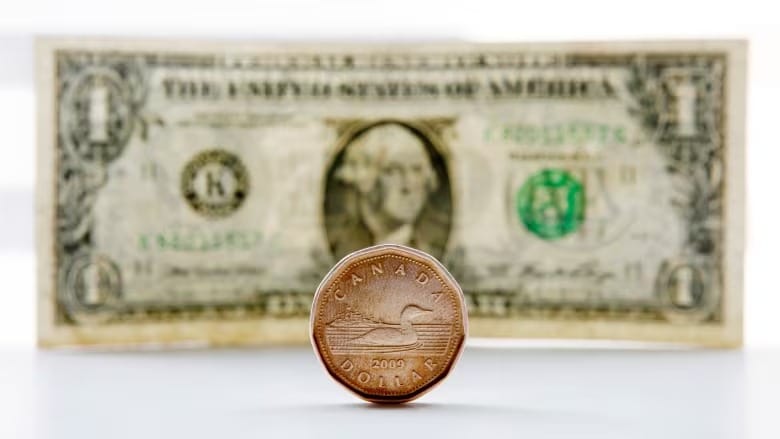After importing more than 26,000 counterfeit $2 coins from China, man from Quebec sentenced to prison
Généreux received his sentence just before the Labour Day weekend, based on a joint submission by his defense lawyer and the federal Crown.

A Quebec man has been sentenced to nine months in jail for importing counterfeit toonies from China.
Jean-François Généreux was found guilty on multiple charges, including providing false information in a customs declaration and importing over 26,000 counterfeit $2 coins.
The counterfeit coins, manufactured in China, were intercepted by the Canada Border Services Agency (CBSA), according to a news release dated November 6, 2023.
Généreux received his sentence just before the Labour Day weekend, based on a joint submission by his defense lawyer and the federal Crown.
In addition to his sentence for the counterfeit coins, he was also given a 30-day sentence related to a separate case involving the possession of illegal cannabis in Quebec.
Federal prosecutor Frédéric Hivon confirmed the details of the case in a statement to The Epoch Times on September 6.
Efforts to reach Généreux’s lawyer, Laurence Legault-Denis, for comment were unsuccessful by the time of publication.
The investigation into Généreux began in January 2023 when the CBSA intercepted 12,049 counterfeit $2 coins at Montreal-Mirabel International Airport.
A subsequent search of Généreux’s residence in Sorel-Tracy, Quebec, in February 2023 resulted in the seizure of an additional 14,581 fake $2 coins and 91 counterfeit US$50 bills.
An invoice from Généreux revealed that the coins were imported from a manufacturer in Quanzhou, China, as first reported by Global News.
Généreux’s case marks the second conviction in Canada for importing large quantities of counterfeit $2 coins from China in recent years.
In May 2022, Daixiong He, a 68-year-old resident of Richmond Hill, Ontario, was charged with importing approximately 10,000 counterfeit toonies.
These coins were identified by a notable flaw: a “split-toe” on the right front paw of the Polar Bear design.
The CBSA declined to comment on whether these cases suggest a trend in counterfeit coin imports from China.
CBSA spokesperson Maria Ladouceur noted that several factors, such as traveler volumes and the size of seizures, can impact the number of confiscations from year to year.
The CBSA does not speculate on trends but remains vigilant on global patterns to prevent illegal goods from entering Canada.
Ladouceur also confirmed that the CBSA had three counterfeit coin seizures in the past five years: one involving CAD toonies in 2019, one involving USD silver dollars in 2022, and another involving CAD toonies in 2023.
She added that smugglers are increasingly using sophisticated concealment methods, which the CBSA combats with advanced detection tools, including handheld devices, X-ray machines, and detector dogs.
The CBSA’s latest available data shows that approximately $26.2 million in currency was seized during the 2023-24 fiscal year, with about $7.7 million seized in the first quarter of the current fiscal year.





